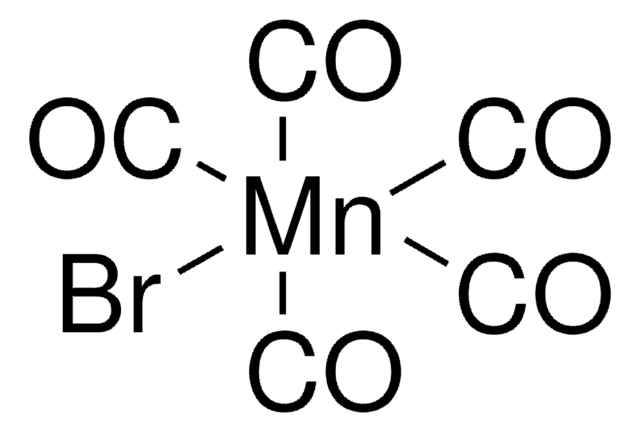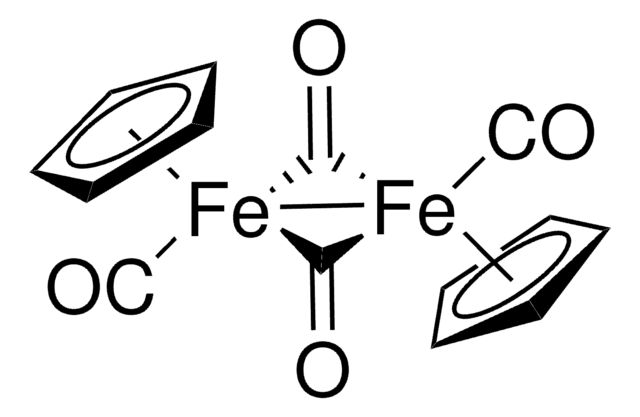907375
H-L-Photo-methionine HCl
≥95%
Synonyme(s) :
(S)-2-Amino-4-(3-methyl-3H-diazirin-3-yl)butanoic acid hydrochloride, (S)-2-Amino-4-(3H-diazirin-3-yl)pentanoic acid hydrochloride, Diazirine amino acid, Photo-Met, Photo-crosslinking amino acid, Photoprobe building block
About This Item
Produits recommandés
Pureté
≥95%
Forme
powder
Capacité de réaction
reaction type: solution phase peptide synthesis
Disponibilité
available only in USA
Application(s)
peptide synthesis
Température de stockage
2-8°C
Application
Product can be used with our line of photoreactors: Including Penn PhD (Z744035) & SynLED 2.0 (Z744080)
Autres remarques
A vimentin binding small molecule leads to mitotic disruption in mesenchymal cancer
Cell-Based Proteome Profiling of Potential Dasatinib Targets by Use of Affinity-Based Probes
Proteome profiling reveals potential cellular targets of staurosporine using a clickable cell-permeable probe
Photo-leucine and photo-methionine allow identification of protein-protein interactions in living cells
Fishing for Drug Targets: A Focus on Diazirine Photoaffinity Probe Synthesis
Photo-affinity labeling (PAL) in chemical proteomics: a handy tool to investigate protein-protein interactions (PPIs)
Produit(s) apparenté(s)
Mention d'avertissement
Danger
Mentions de danger
Conseils de prudence
Classification des risques
Self-react. C
Code de la classe de stockage
5.2 - Organic peroxides and self-reacting hazardous materials
Classe de danger pour l'eau (WGK)
WGK 3
Point d'éclair (°F)
Not applicable
Point d'éclair (°C)
Not applicable
Faites votre choix parmi les versions les plus récentes :
Certificats d'analyse (COA)
Désolés, nous n'avons pas de COA pour ce produit disponible en ligne pour le moment.
Si vous avez besoin d'assistance, veuillez contacter Service Clients
Déjà en possession de ce produit ?
Retrouvez la documentation relative aux produits que vous avez récemment achetés dans la Bibliothèque de documents.
Notre équipe de scientifiques dispose d'une expérience dans tous les secteurs de la recherche, notamment en sciences de la vie, science des matériaux, synthèse chimique, chromatographie, analyse et dans de nombreux autres domaines..
Contacter notre Service technique









